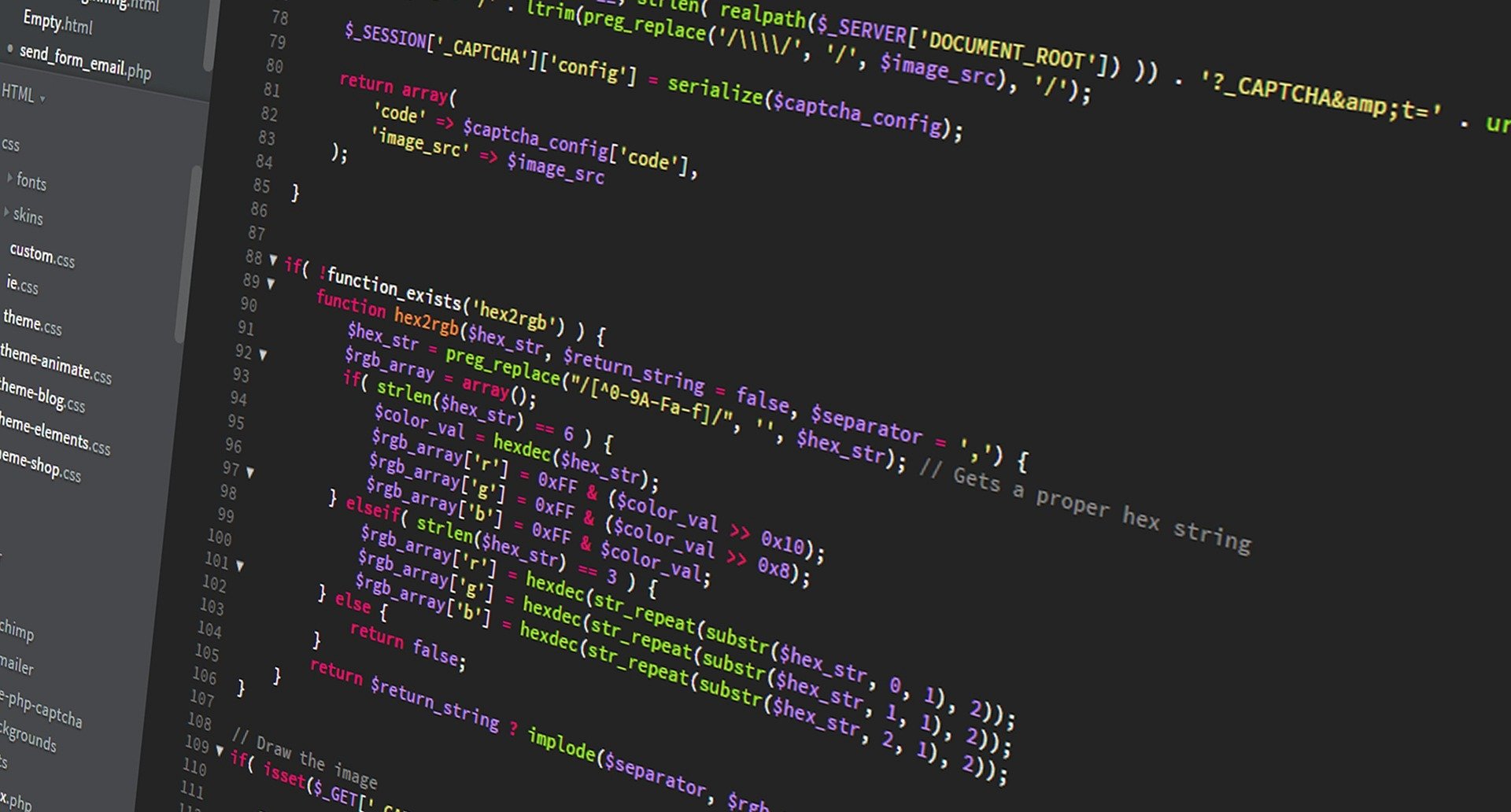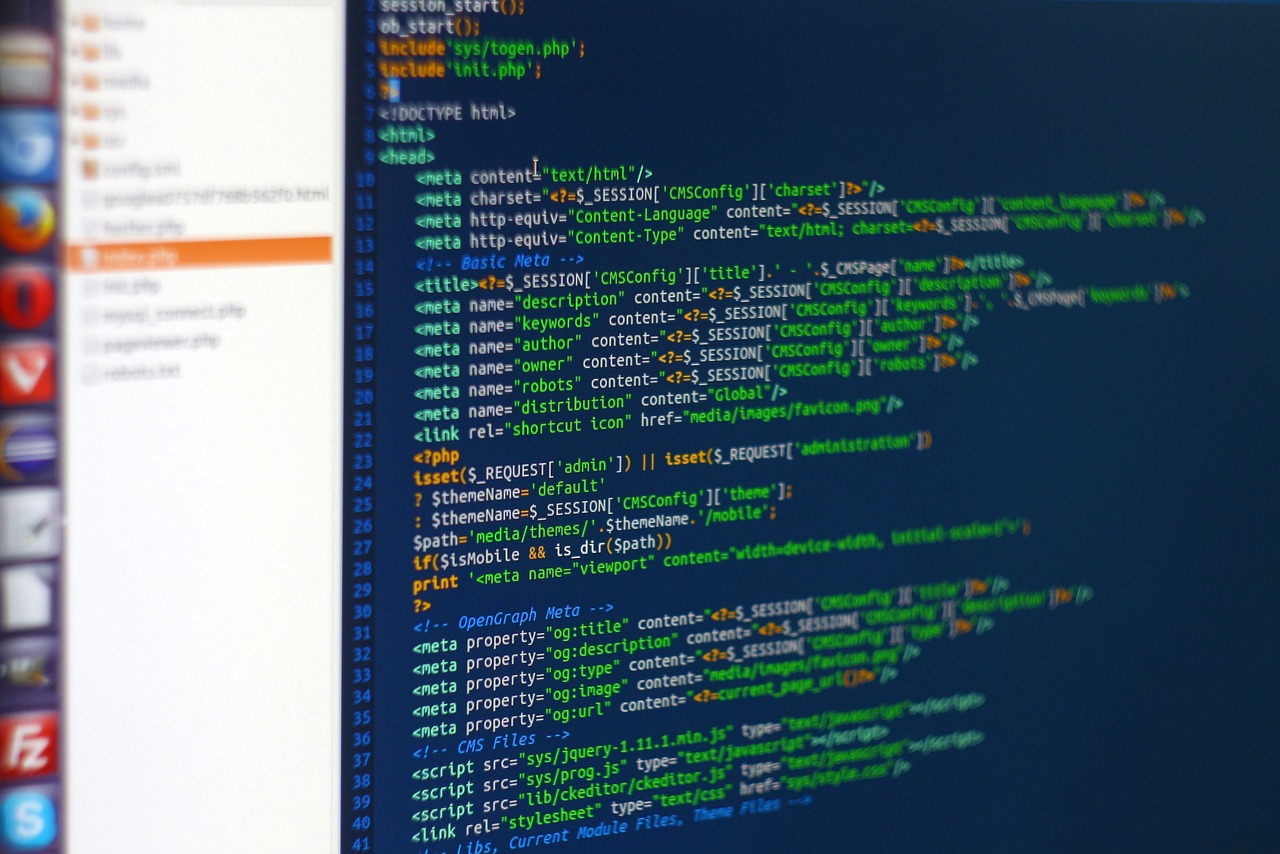Webdesign und Webprogrammierung
In connection with the #NoHacked initiative, Google published the results of a study on website security in March 2017.
The number of successful website hacks in 2016 increased by over 32% compared to 2015.
Google blames this on two developments: on the one hand, hackers are becoming more active and aggressive, and on the other hand, there are more and more insecure websites (content management systems and shop systems) on the internet.
Read five reasons for you to enter into a service agreement...:
The Google browser Chrome warns you when you open an unencrypted website that it is not secure. This applies to pages that are opened via the http transmission protocol without an SSL security certificate and offer the possibility of collecting sensitive data.
You can recognise this by the "i" symbol in the URL bar. Since the release of Google Chrome browser version 56 in January 2017, the information "not secure" also appears if an unencrypted page requests sensitive data such as credit card details or passwords.
Google writes in its blog that this procedure may be further tightened to ensure user security.
Read more: Let's Encrypt - secure your domains with free SSL certificates













